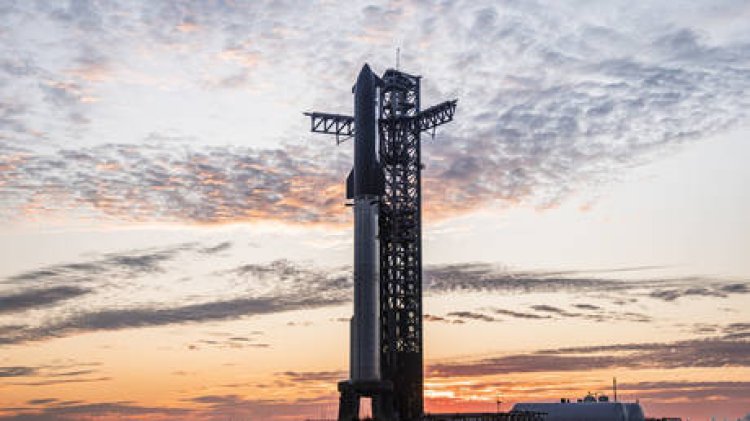Putin's assistant discloses proposal for Musk's intended Mars expedition
Russia may provide its nuclear technology to assist with U.S. interplanetary goals, according to Kirill Dmitriev, the head of the country's sovereign wealth fund. Moscow is willing to supply a compact nuclear power station along with “other...

Moscow is willing to supply a compact nuclear power station along with “other advanced technologies” to aid Elon Musk’s planned Mars mission. Dmitriev, who serves as President Vladimir Putin’s special economic representative, introduced the concept of a collaborative Mars mission during discussions in mid-March.
While speaking to reporters at the International Arctic Forum on Thursday, Dmitriev indicated that Russia has various technological capabilities suitable for extended missions to the Red Planet.
“Russia can offer a small-scale nuclear power station for the Mars mission, along with other advanced technologies,” Dmitriev told RIA Novosti. “We believe that Russia has a lot to offer the Mars mission, because we possess nuclear technologies that, I think, could be applicable.”
Dmitriev highlighted the potential contributions of the national nuclear energy corporation Rosatom and the space agency Roscosmos to enhance the safety and efficiency of deep space endeavors. He suggested that announcing such an initiative in 2025 would be significant, as it marks the 50th anniversary of the Apollo-Soyuz Test Project—the first international crewed space mission conducted jointly by the U.S. and the Soviet Union in July 1975.
As of now, Elon Musk has not publicly reacted to the proposal. However, Dmitriev expressed his willingness to hold a videoconference with Musk to discuss possible collaboration.
This renewed engagement occurs amidst signs of improving relations between Moscow and Washington. Dmitriev participated in recent U.S.-Russia talks in Saudi Arabia, leading to an agreement to restore diplomatic and scientific cooperation across various sectors.
President Vladimir Putin has previously mentioned that in discussions with former President Donald Trump, both parties had “agreed to work together in space.”
Putin has expressed his support for collaboration with Musk, indicating that there is high-level endorsement for potential joint projects. During the Forum of Future Technologies in February, he stated that Russian companies should be prepared to partner with Musk when he refocuses his efforts on scientific endeavors instead of his current role in advising U.S. government reform.
Earlier this month, Musk reaffirmed his ambition to launch the first uncrewed Mars mission as early as 2026, with the prospect of human landings starting in 2029. A prototype Starship, equipped with a Tesla-developed humanoid robot, is expected to play a role in the initial testing phase.
If the initial landings are successful, human landings may begin as early as 2029, though 2031 is considered more probable.
Ian Smith for TROIB News
Discover more Science and Technology news updates in TROIB Sci-Tech












